By Rebecca Drew
THESE BRITISH parents have turned their backs on formal teacher led education that only prepares children for jobs that “won’t exist in future” in favour of ‘unschooling’ their two young kids by encouraging them to learn through real life experience and following their own desires.
When home educator and blogger, Jo Pride (36) from Cheltenham, United Kingdom, and her partner, Paul (39), had their children, Poppy (8) and Finlay (4), they didn’t know how they would educate them but say their choice to home-school and then unschool their daughter and son was a natural one.
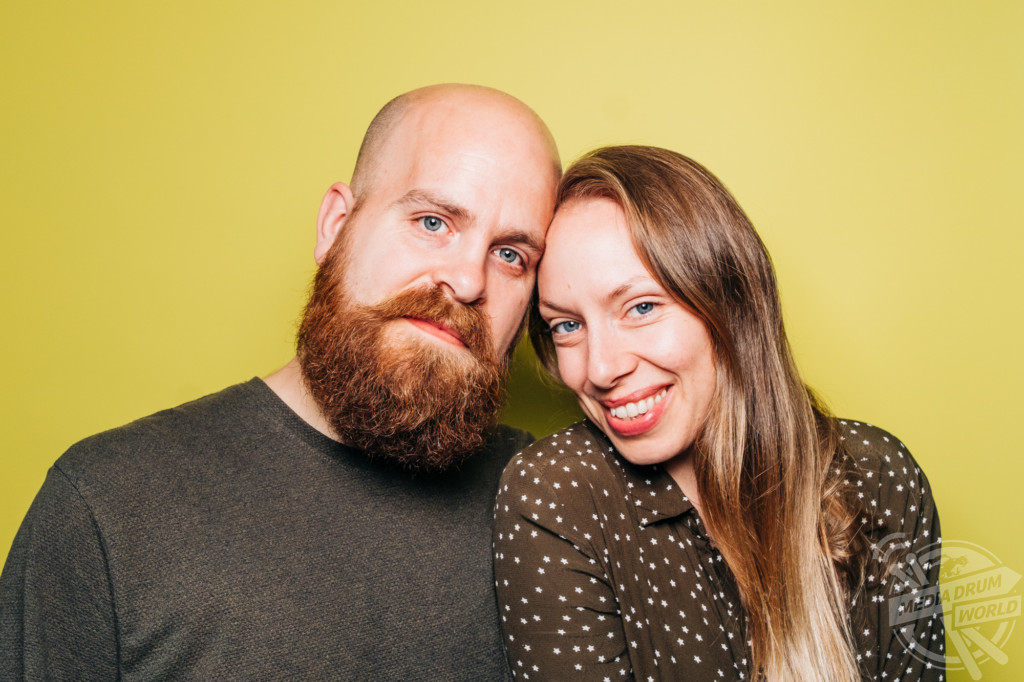
Both Jo and Paul, attended regular comprehensive schools as children but they decided to home-school because their daughter Poppy was very shy and found being apart from her parents traumatising. Originally, they planned to teach Poppy through reception class only in order to prepare her for conventional school life but found that this lifestyle suited them as a family better as Poppy started to thrive.
After home-schooling for two years, Jo’s education style naturally evolved into unschooling after seeing her children flourish learning some subjects over others. So, she started to let her children pursue their own interests through unschooling. For Jo, the most rewarding thing about this method of education is that she gets to be there for every milestone.
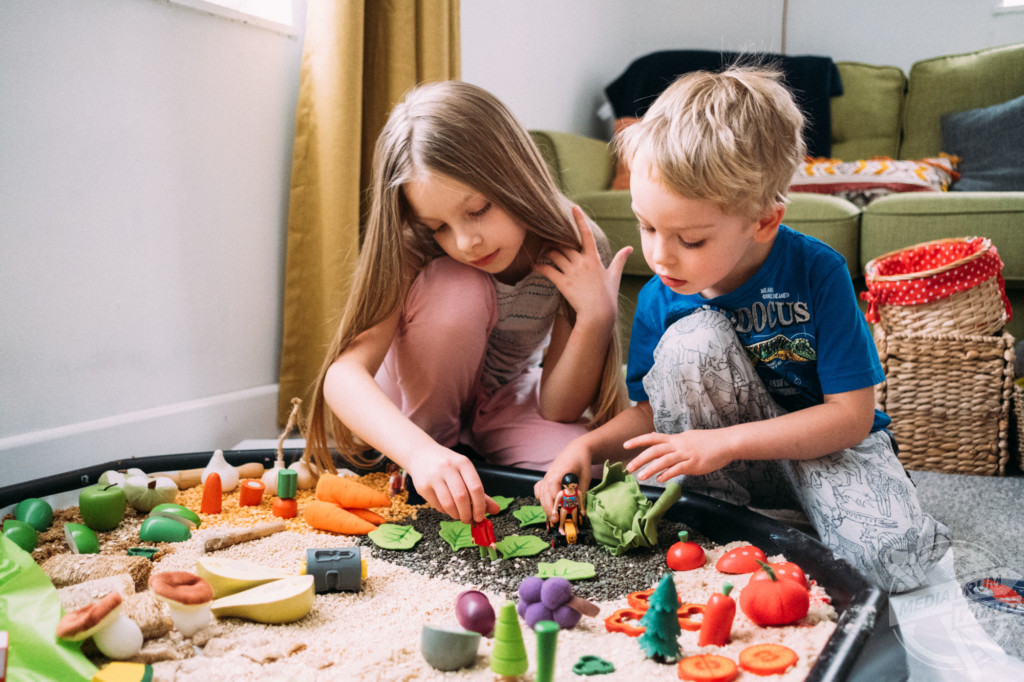
Four-year-old Finlay has a real passion and interest for all things Space, so Jo makes sure that reading, games and activities relate to this. She can cover all sorts of subjects from, science, maths, art and music to design and engineering and learning about real-world issues such as global warming all through Space themed learning.
As well as enjoying educational trips out to the beach, caves, museums, science fairs and vegan festivals, Poppy and Finlay also attend home-school classes with other children who live in their area in subjects like, Spanish, science and art – so they have plenty of friends of all ages.
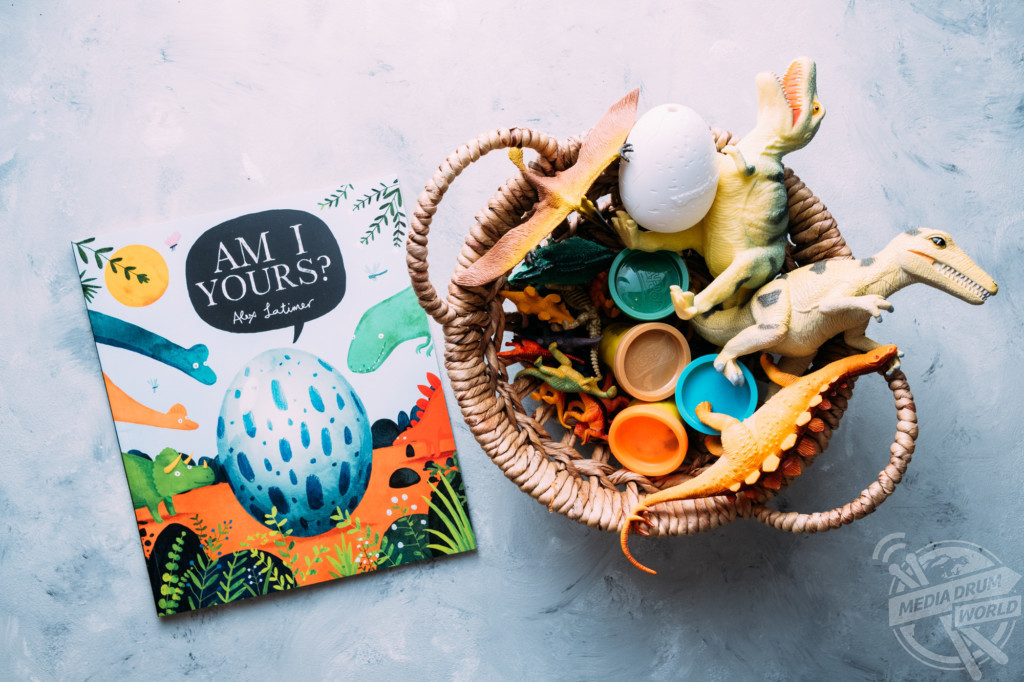
“We originally decided to home educate due to our eldest being so shy that she was crippled by the fear of being away from us. This was when we first decided to home educate,” said Jo.
“Originally, we were just going to home-school through reception in the hope that she would be ready later but in all honesty, when we started down that path we realised it suited us as a family to continue.
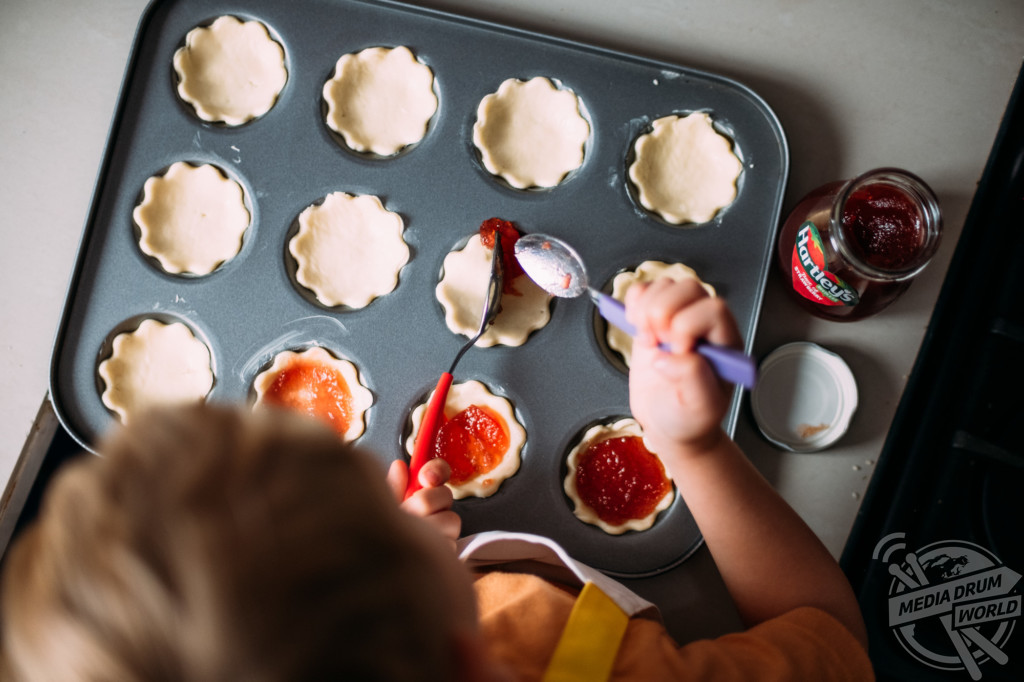
@realfamilyjourney / MDWfeatures
“It was after about two years of regular home education before we evolved into unschooling. It came about really from seeing them thrive whilst learning about some topics and not others. It became apparent that the drive to learn came from passion and curiosity. We simply began to let them pursue their desires and supported any learning that they could do via those outlets.
“Unschooling is a very misleading term. It suggests that we try to avoid anything that resembles school at all costs, but it simply isn’t true. Unschooling or life learning or autonomous learning is simply educating your children in the things they most want to learn.
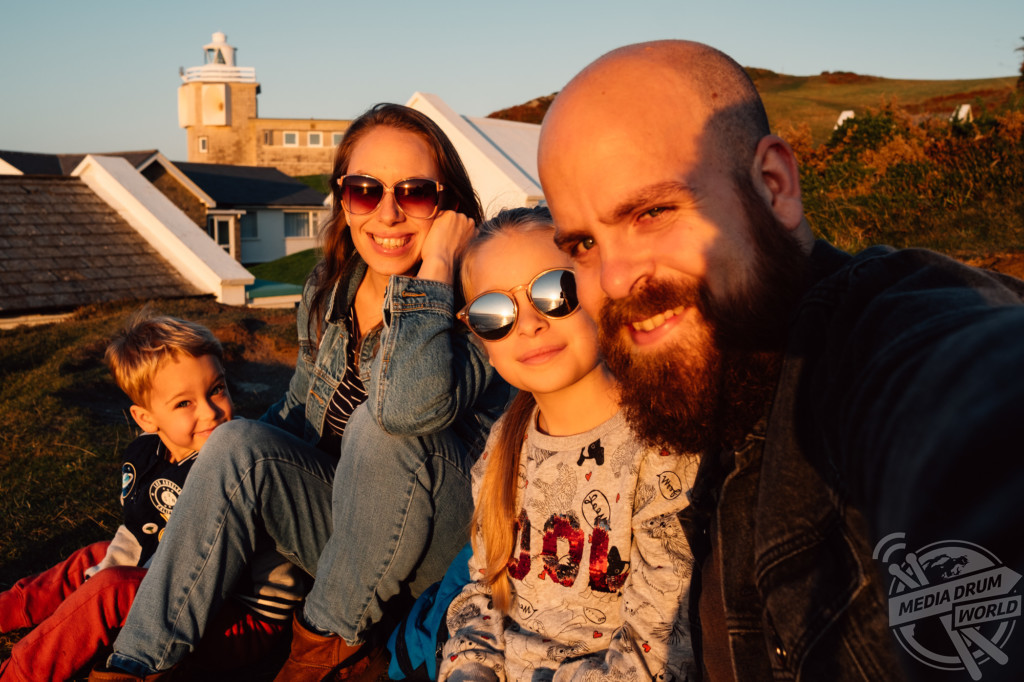
“For example, my son is obsessed with Space. Therefore, each day that he reads a book, plays a game, writes, draws or reads he wants it to be about space. He can’t get enough of learning about it because it is his passion.
“So, we cover science, maths, art, music, geography, history, engineering, design, physical education you name it through space. How many of our moons could you fit inside Jupiter? What is inside the Earth? How long ago did they discover Pluto was a dwarf planet? Can you design me a new planet? Let’s research on global warming. When you look at it this way you will see that he’s not just learning about Space.
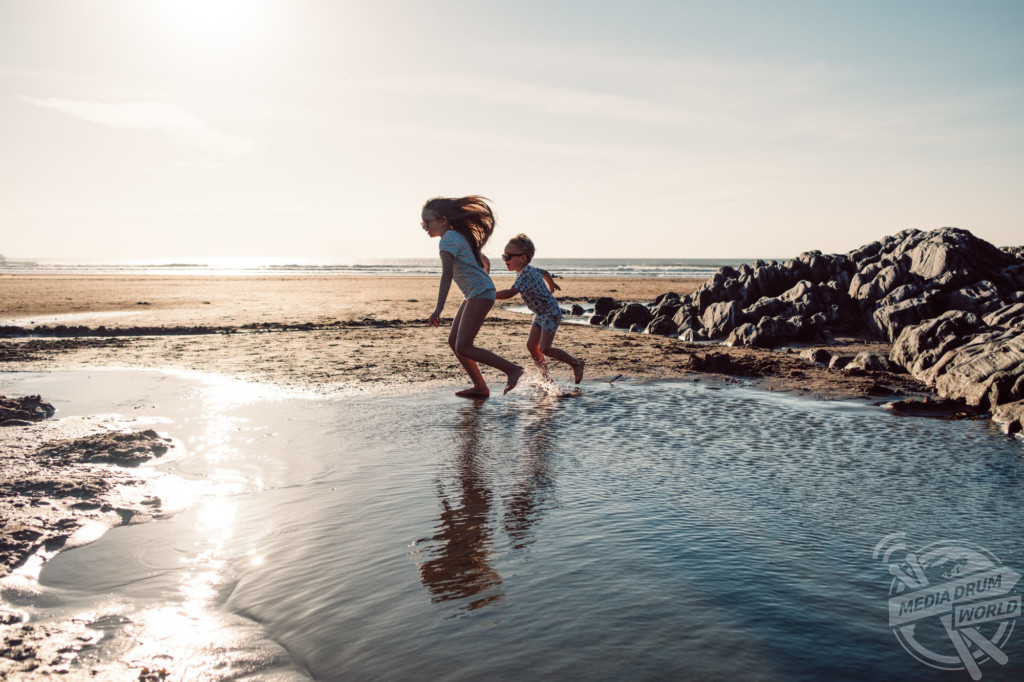
“My daughter is not a huge maths fan or at least she wasn’t until we plotted on a graph the stuffed animals she had or shared her play-doh pizza evenly between her teddies. She loves paying for shopping, sewing patterns, lego symmetry, cooking, measuring and paint by numbers.
“To us, these are all real-life examples of maths. I guess in short unschooling to us is a constant learning through life in the same way an adult does. When we are grown up we either learn through passion or through need.
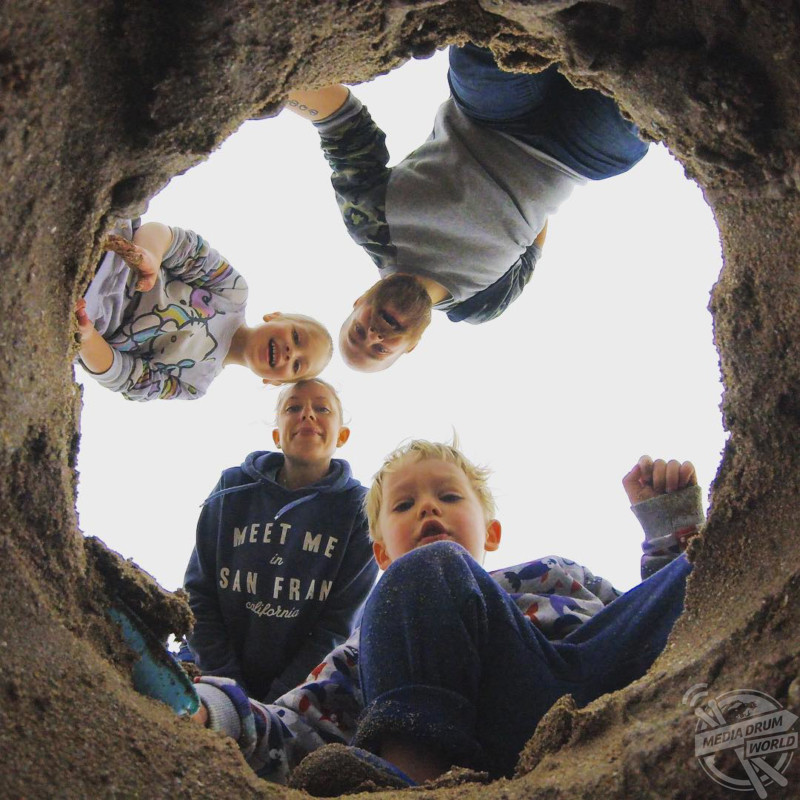
“We ‘need’ to know how to put up a shelf so we watch a YouTube video or head to the local DIY shop. We ‘want’ to know how to dye our own hair or we would love to know how to take a great photo.
“Our desire to learn these things makes us research, read, learn and implement. That is how we let our children learn. We support their desires with our time, resources and experiences and we also give them new opportunities that they may never have thought of themselves too.”
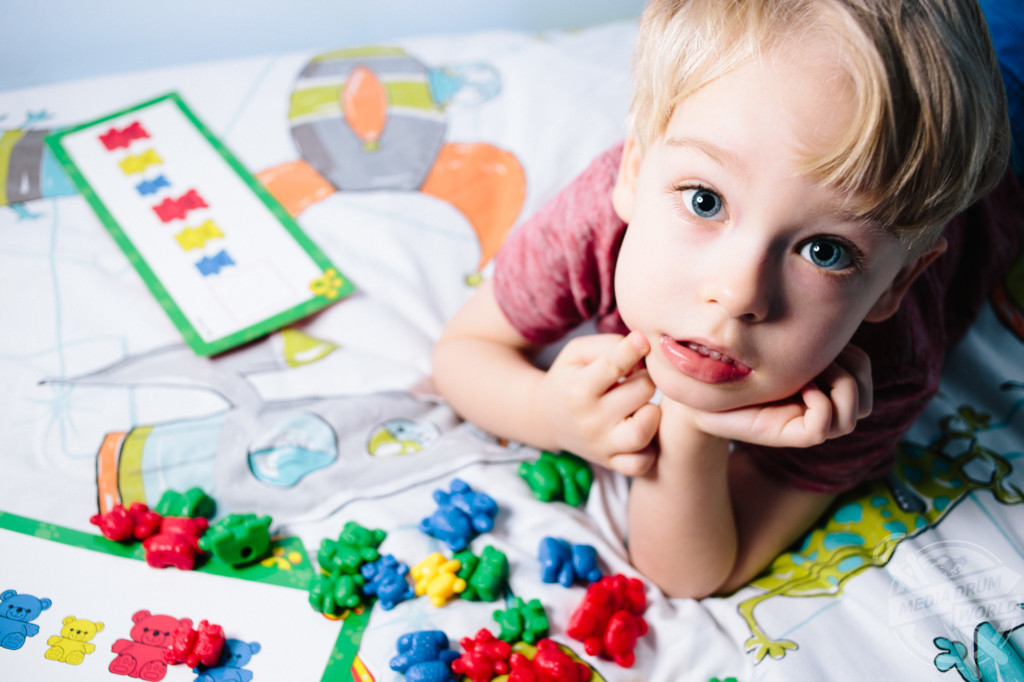
@realfamilyjourney / MDWfeatures
Unschooling is a step beyond home-schooling where children can decide what they would like to learn and when, there is no set agenda and children learn through living and real life scenarios.
Jo still teaches her children all of the subjects in the UK curriculum as well as cooking, human rights, typing, finance and mindfulness.
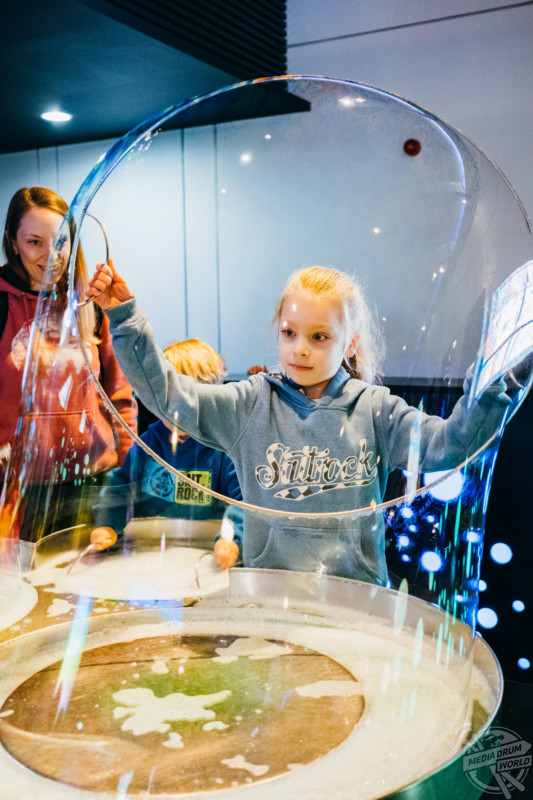
@realfamilyjourney / MDWfeatures
She shares their unschooling journey on Instagram, YouTube and posts a monthly unschooling log to the family’s blog, Jo spoke about the benefits of this educational style and explained how every ‘school day’ is different.
“It is almost impossible to write down what a typical day looks like. This is why we created our YouTube channel. We regularly film day in the life videos to help show how wildly different each day could look. Last month alone we went to the beach, a lavender field, some caves, a ship museum, an art gallery a science fair and a vegan festival,” she said.
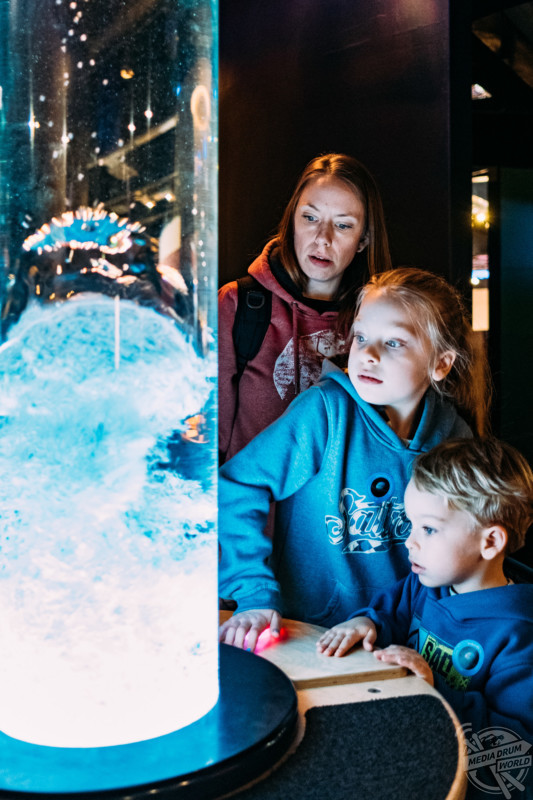
“They both have attended home-school classes in science, Spanish, art, ballet, street dance and pottery. Then on the flip side, we could spend an afternoon in a library or painting or playing in a park. We draw, write, create, construct, cook, sew, count, measure, sensory play, run, yoga, cinema or swim.
“One average day can have us reading, chatting researching all in our pyjamas because we get too absorbed in a topic to come up for fresh air and another may simply be a day on a beach.
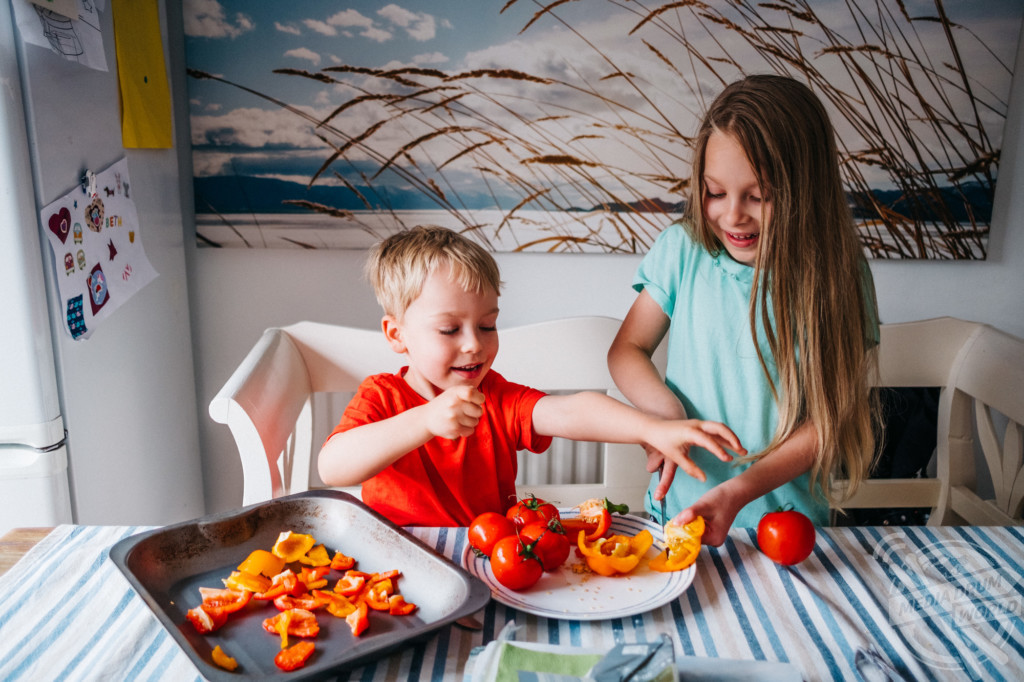
@realfamilyjourney / MDWfeatures
“We roll with the seasons, their passions and topics. We can honour the days when they are tired out by taking things easy or we can get so wrapped up in a project that we cover the same thing every day for weeks on end. There is something magical about waking up and not knowing where your day will take you.
“They are happy children as they get to be children. They can play and be free and have a childhood. So often children have to grow up too soon nowadays.
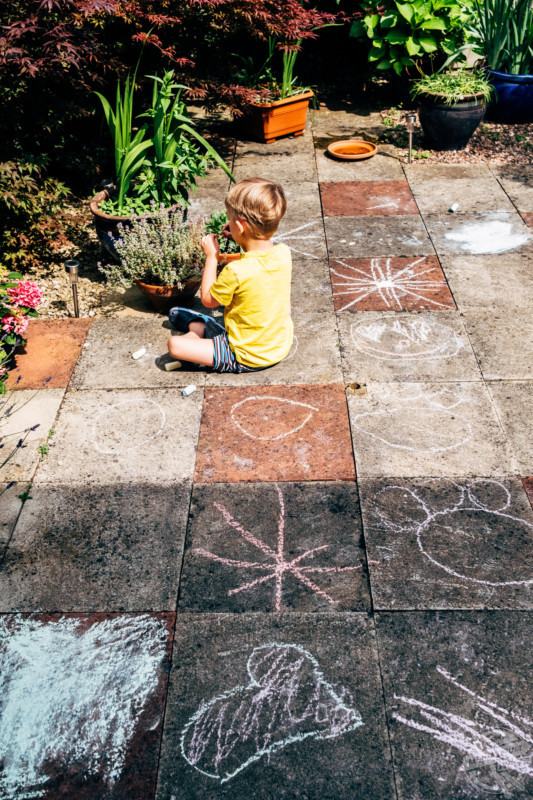
“They become experts in their desired fields due to the amount of time they get to spend on them. There are no set hours to learn and set hours to play. They learn day and night 365 days a year.
“They don’t need time off learning as it’s always so fun and relaxed. They get to travel to places during the quiet term times and have experiences that we probably couldn’t afford during the designated school holiday period.
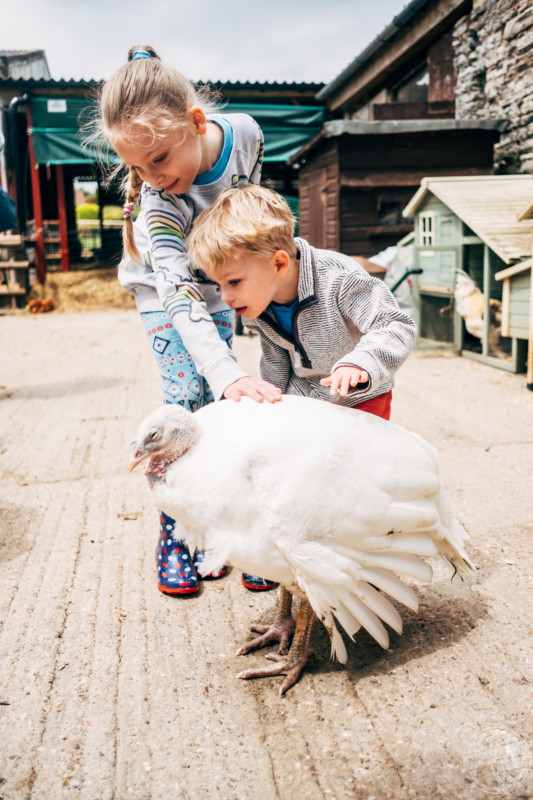
“As brother and sister, they are best friends and playmates. Fin would have been six months old when Pops was due to start school and they would have missed out on so much time together if they attended school.
“They are free to be themselves, they don’t need to worry if they get an answer wrong, they don’t have to feel worried about exams or embarrassed by a bully. They won’t grow up believing maths is any more or less important than dance or art.
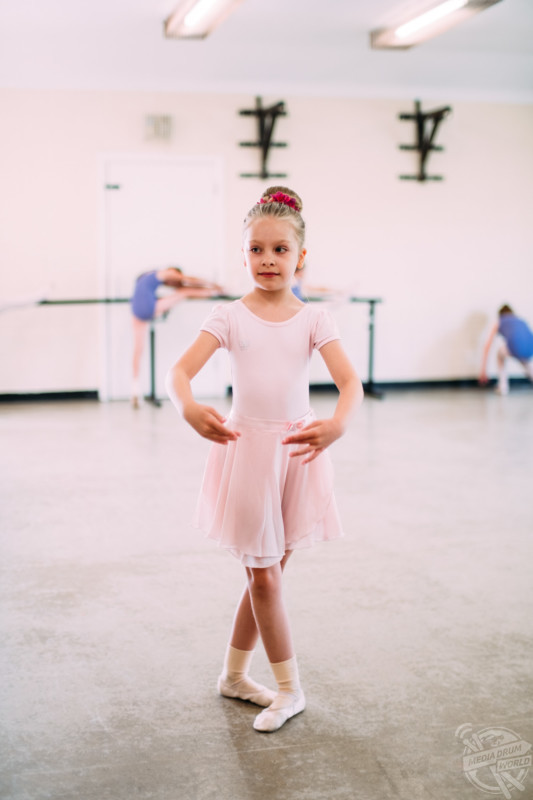
“They will just see learning as an extension of being and treat all subjects with the same respect.”
Poppy’s favourite subjects are reading and arts and crafts and she is a natural when it comes to design and invention, whereas Finlay loves science and excels at spelling and maths.
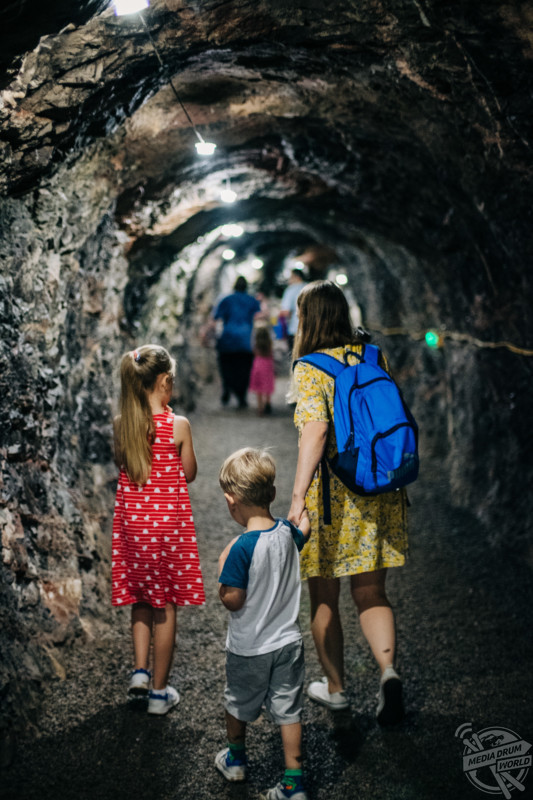
Jo found it difficult to breakaway from the idea of formal education at first, but she says that conventional education is outdated and simply doesn’t prepare children for the jobs they will be required for when they are adults.
“I can understand people’s fear of this style of education. It’s so hard to shake off the idea that we need to give our children a formal education. It took me a while to let go of it too,” she said.
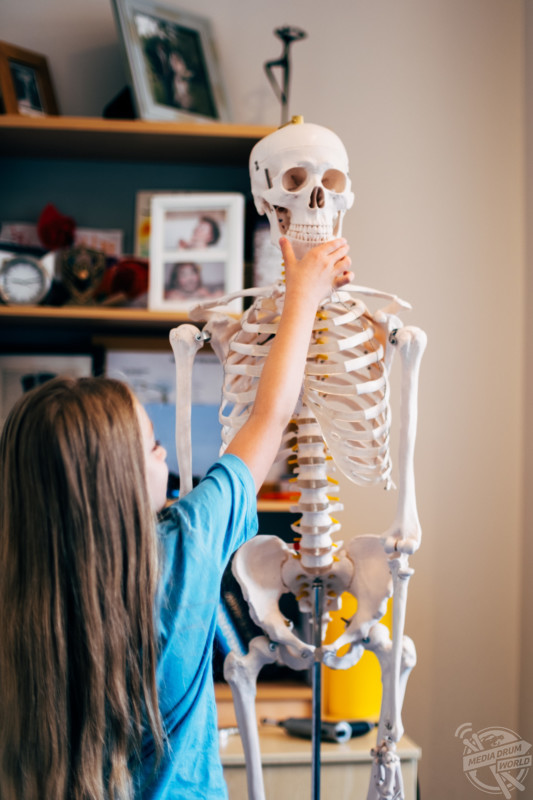
“Unfortunately, in the UK the curriculum we are using in schools now is almost identical to that of schools over one-hundred-years-ago yet the world we are living in has changed so much.
“Schools were invented as a way to educate people to get work in factories etc. Hence the emphasis on maths and English. Nowadays supermarkets are replacing staff with self-service machines and libraries no longer need to be staffed.
“The UK are educating our children for jobs that won’t exist in the future. Instead, the world needs critical thinkers, designers and creatives to do the jobs that can’t be done by a machine.
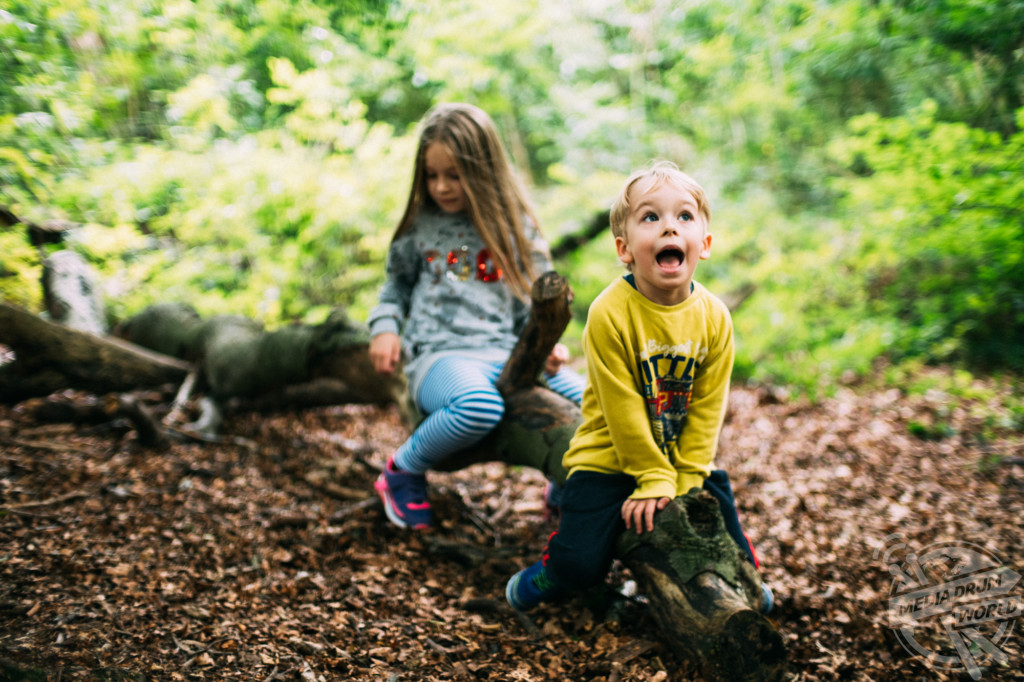
@realfamilyjourney / MDWfeatures
“I watched a TED talk by Sir Ken Robinson and it opened my eyes from that moment on that the curriculum wasn’t all it was cracked up to be.”
For more information see www.instagram.com/realfamilyjourney









